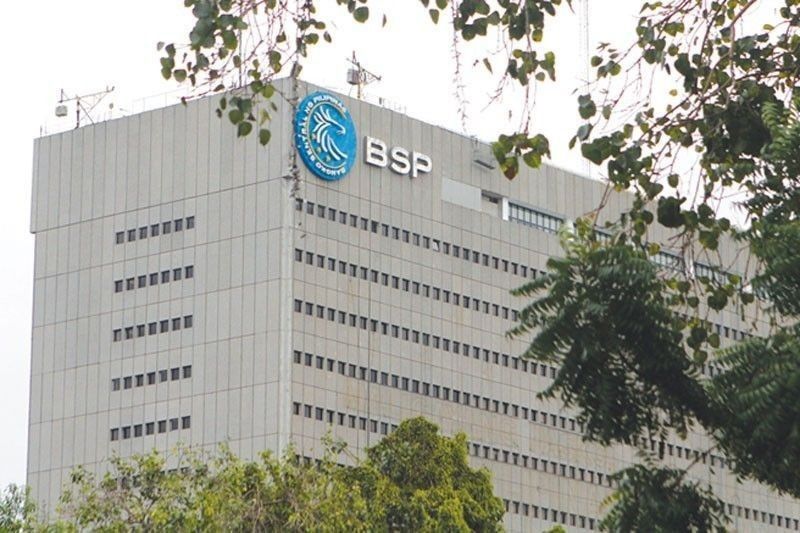BSP mulls interest rate cap on other loans

MANILA, Philippines — The Bangko Sentral ng Pilipinas (BSP) is studying the possibility of imposing a ceiling on interest rates for other types of loans to ease the burden of consumers amid the COVID-19 pandemic.
In a virtual forum organized by Home Credit, Rochelle Tomas, deputy director of the BSP’s Center for Learning and Inclusion Advocacy, said that imposing a cap on interest rates for other types of loans need to undergo extensive evaluation and consultation with the stakeholders involved.
“It will need to undergo a very, very close coordination with the industry because as you know the cap on interest rates on credit cards was consulted with the credit card industry very extensively. The same process also needs to be done for other types of credit products,” Tomas said.
Staring Nov. 3, a 24 percent cap on the annual interest rate, or two percent per month, will take effect as part of the initiatives of the BSP to ease the financial burden of consumers as well as small enterprises amid the pandemic.
A separate interest rate ceiling for credit card installment loans wherein credit card issuers may only charge monthly add-on rates up to a maximum of one percent would also be imposed next month.
Furthermore, no other charge or fee could be imposed or collected on credit card cash advances except for a maximum processing fee of P200 per transaction. The maximum rates and fees are subject to review by the BSP every six months.
Under the law on credit cards, Tomas said the BSP is allowed to determine the reasonableness of certain credit card charges which averaged 47 percent in the Philippines compared to the 18 to 27 percent range in other members of the Association of Southeast Asian Nations (ASEAN).
“That alone gave us an impetus to review the reasonableness of credit card interest rates and hence that gave the reason to amend the regulation and put a cap at 24 percent,” Tomas said.
Going back to other types of loan, Tomas said the possible imposition of a cap in interest rates would also have to be backed by data as to the level imposed in the country compared to other countries.
“It will have to be backed by good and robust data so we can say that we need to lower interest rates for different types of credit products,” Tomas said.
As part of its COVID-19 response measures, the BSP has slashed interest rates by 175 basis points so far this year, bringing the benchmark rate to an all-time low of 2.25 percent, and lowered the reserve requirement ratios for banks.
Home Credit chief marketing officer Sheila Paul said the company would support the initiative just like the way it backed the rate cap on credit card charges.
“I think we will work with it, I think we’ve proven to be resilient. This pandemic has been especially challenging for everyone in the industry. But we are still here and we will work with whatever challenges come our way,” Paul said.
Paul said technology plays a key role in serving its customers as well as enabling financial education and literacy amid the COVID-19 pandemic.
“Digital is the new normal — and financial institutions like Home Credit are fully and quickly embracing digital technologies to reach more people and cater to the public’s ever-changing needs,” Paul said.
The Prague-based company, now with seven million customers and 2.2 million active monthly users of its mobile app in the Philippines, arrived in the country in 2013 to pioneer in-store financing of mobile phones and other gadgets and commodities, with minimal requirements and loan approval in as fast as one minute.
“The pandemic has intensified the demand for online and mobile financial solutions, and we don’t see this slowing down anytime soon. This is why on top of allowing our customers to get started on their Home Credit loan applications and check their account status right there in the app,” Paul said.
- Latest
- Trending



























